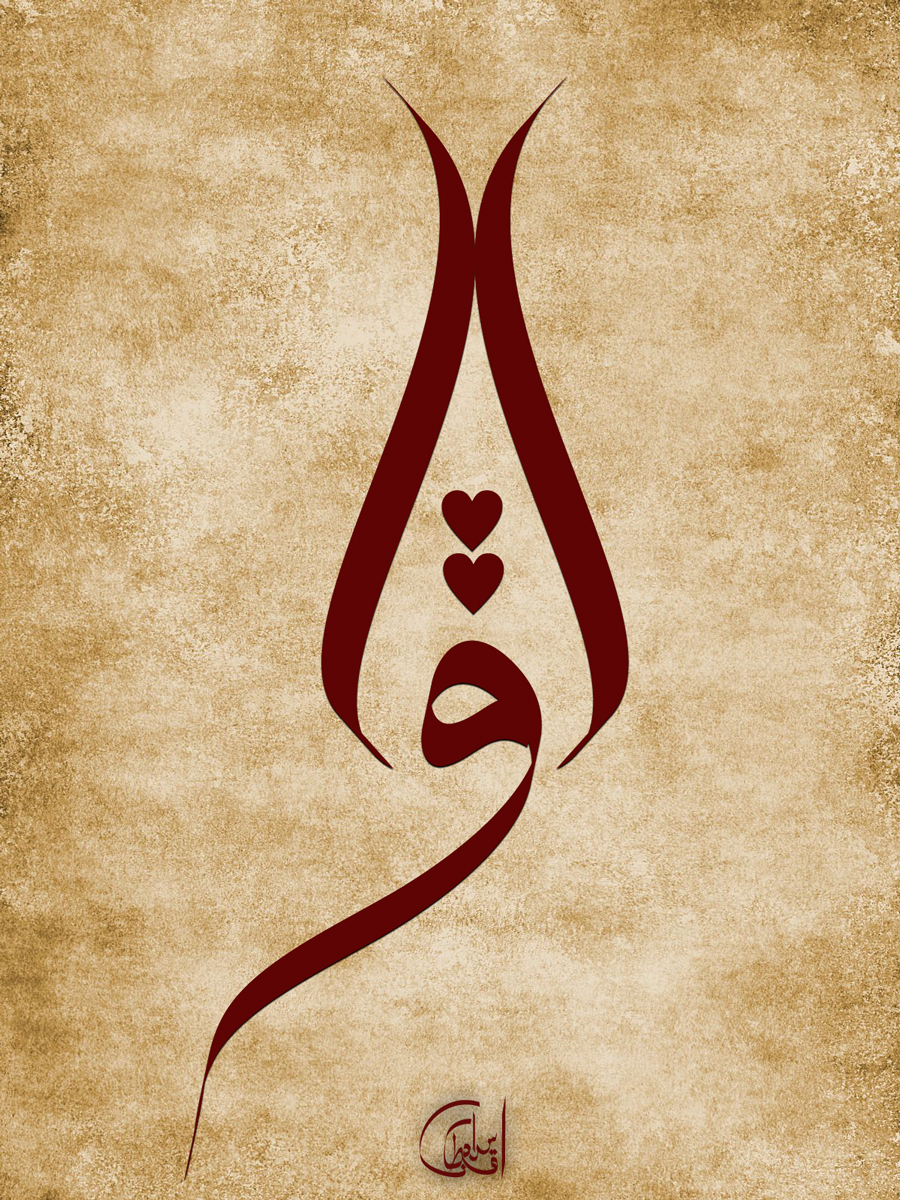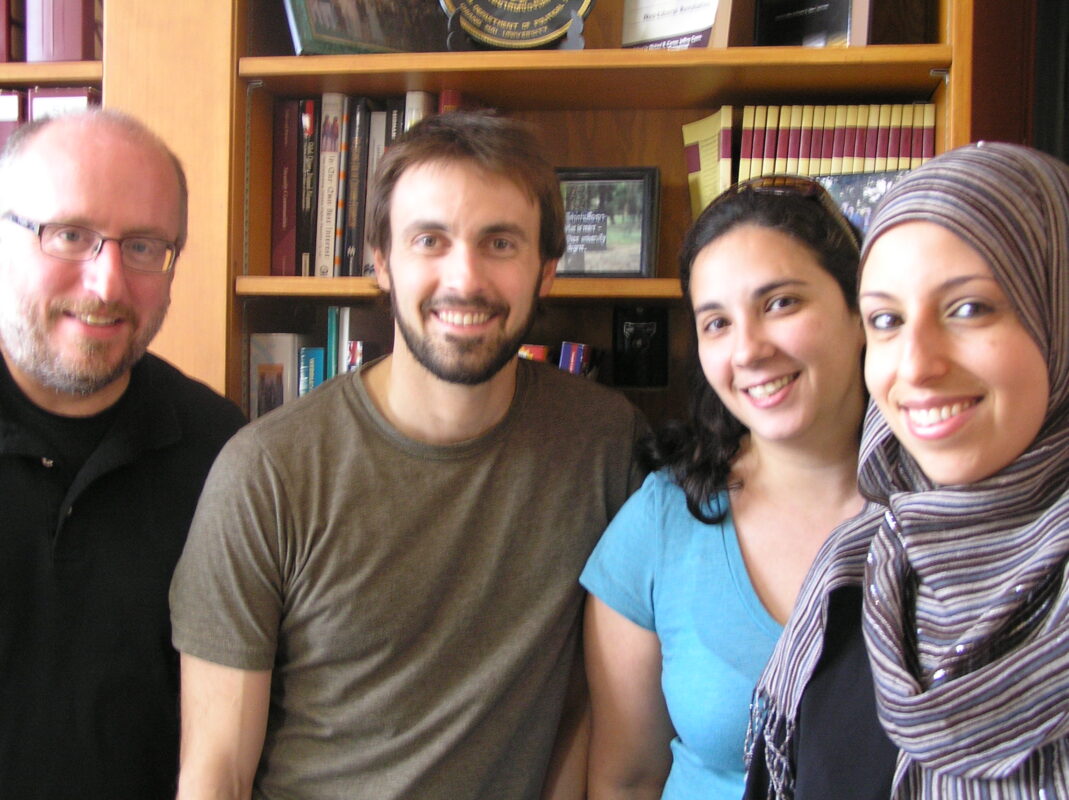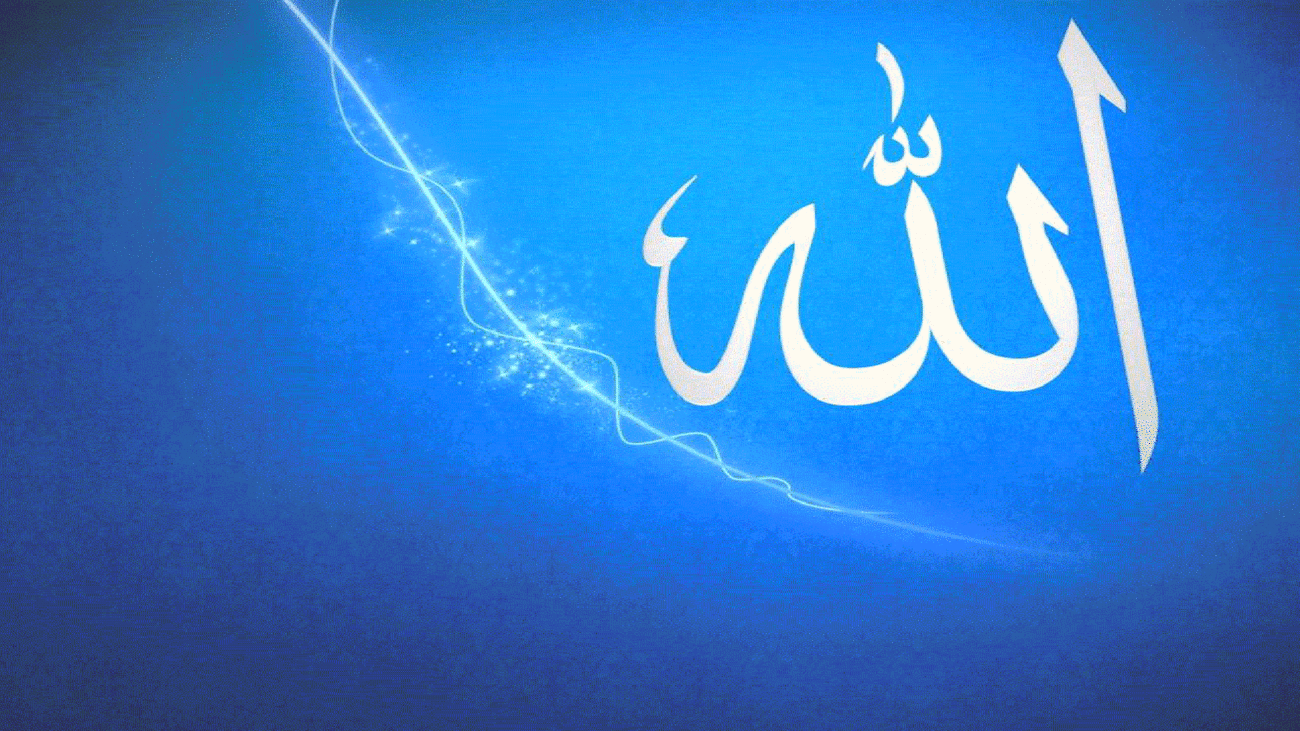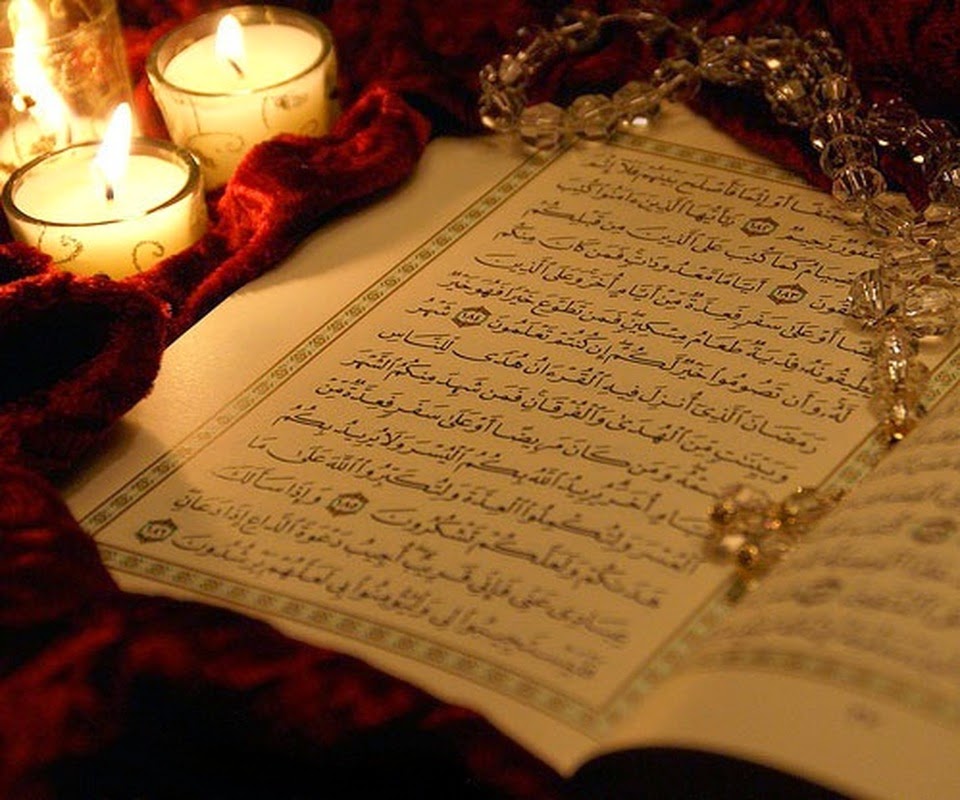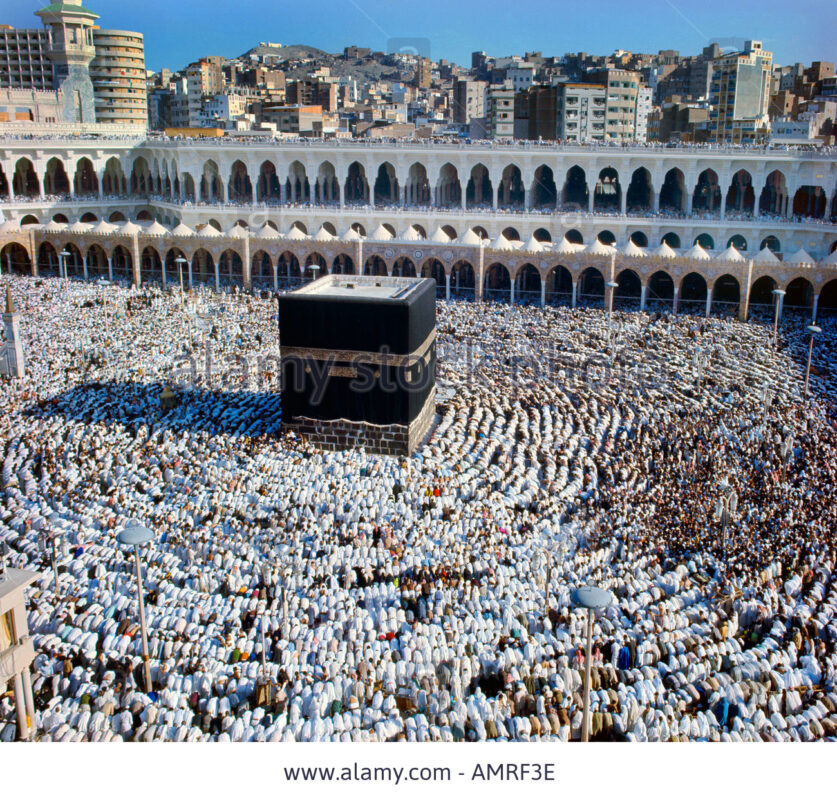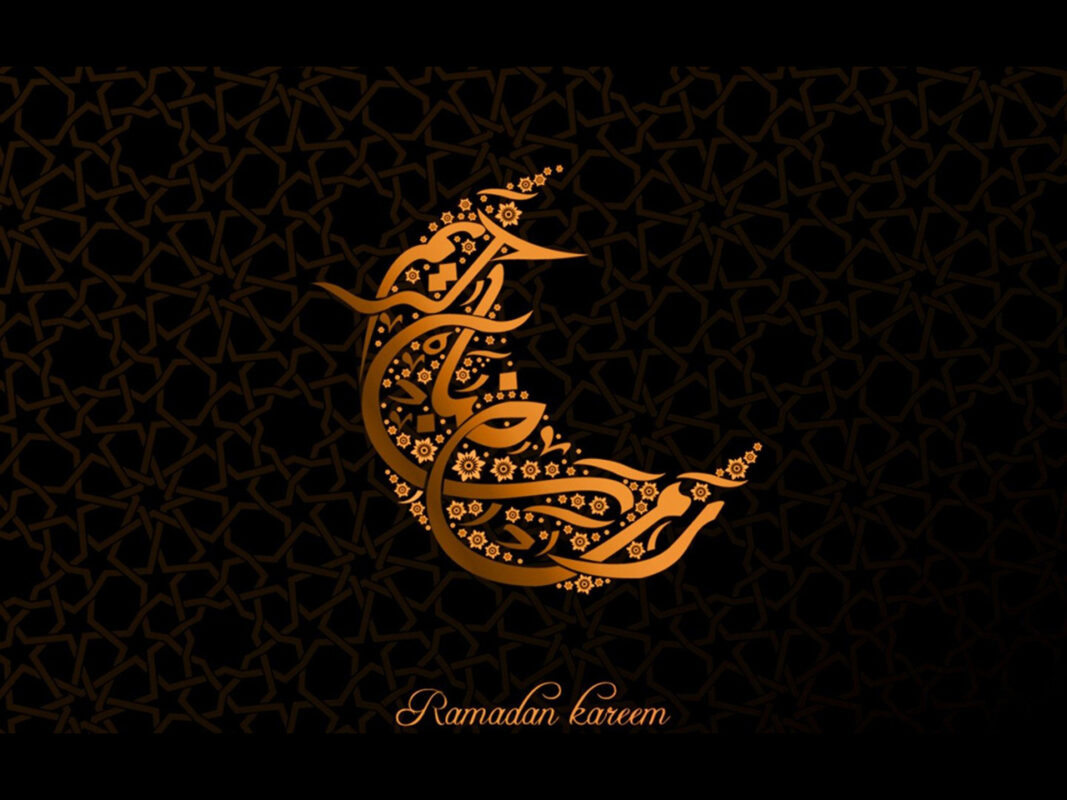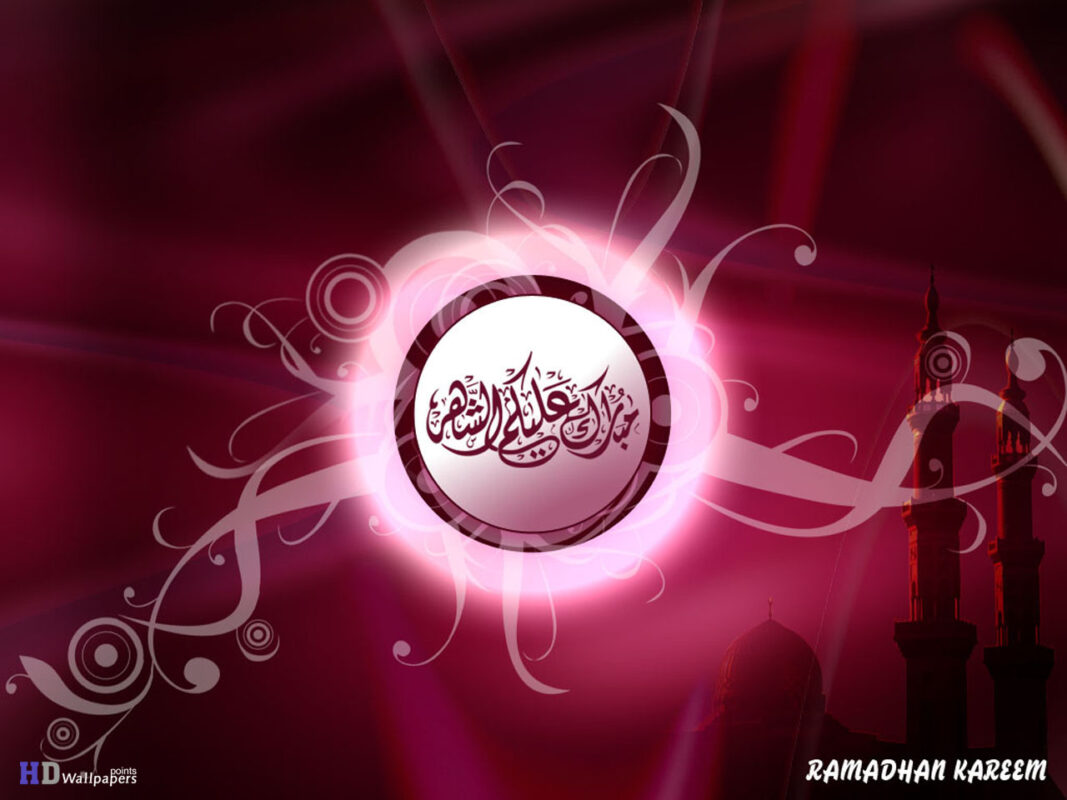Isaiah 29:11-18
Prophet Muhammad (pbuh) was illiterate. His entire life he never learned to read nor write. The exact circumstances of this first revelation were as follows: It was the habit of Muhammad (pbuh) to frequently remove himself from the midst of his fellow Arabs and their heathenistic actions and spend many days secluded in the cave of “Hiraa” in the mountains of Makkah where he would pray to God according to the religion of Abraham (pbuh).
“Read(Iqraa): In the name of your Lord who created, Created man from a clot. Read(Iqraa): And your Lord is the Most Bounteous, Who teaches by the pen, Teaches man that which he knew not.”
The noble Qur’an, Al-Alak(96):1-5
As mentioned above, the actual word angel Gabriel used to address Muhammad (pbuh) was the Arabic word “Iqra.” It is derived from the Arabic root word “qara”. However, if we were to go back to the original Hebrew form of the verses of Isaiah 29:11, we would find that the actual word which is translated into English as “Read this [I pray thee]” is the Hebrew word qara’, {kaw-raw’}. Is it not an amazing coincidence that the Hebrew text used not only a word with the same meaning, but the exact same word itself ?
Verse 11 of Isaiah tells us that the final book (the Qur’an) was revealed to previous prophets, however, they could not read it. It was “sealed” for them because it was meant for the last prophet, and until the last prophet’s time came, the people would not yet be able to “bear” this message (John 16:13). It was also sealed for them because it was revealed in Arabic.
“A Book whereof the verses are explained in detail; a Qur’an in Arabic for people who have knowledge”
The noble Qur’an, Fussilat(41):3
“Had We made this as a Qur’an (in a language) other than Arabic, they would have said: ‘Why are not its verses explained in detail? What! An Arab and non Arabic?’ Say: ‘It is a Guide and a Healing for those who believe; and for those who disbelieve, there is a heaviness (deafness) in their ears, and it is a blindness upon them: They are as those who are called from a place far distant (so they neither hear nor understand)'”
The noble Qur’an, Fussilat(41):44
For more details on why the Arabic language was selected as the language of the Qur’an, please read chapter 13.
Indeed, the Qur’an was revealed to a man who could neither read nor write so that it might be apparent to mankind that he could not have received it from the writings of man, but only from God Almighty.
“Neither did you (O Muhammad) read any book before it, nor did you write any book with your right [hand]. In that case, indeed, the followers of falsehood might have doubted Nay, it is but clear signs in the breasts of those endowed with knowledge: and none but the unjust reject Our signs.”
The noble Qur’an, Al-Ankaboot(29):48-49.
As we see in the above verses of Isaiah, by the time Prophet Muhammad (pbuh) received this book from God, mankind will have been reduced to worshipping God in words alone, while their hearts shall be far removed from true belief.
Verse 14 now goes on to explain how when mankind accepts this situation, then the wisdom of the wise men shall perish and all that shall be left is mankind’s corruption. Once again, we have seen this in chapter one, where we learned the historical details of how the followers of Jesus (pbuh) and the apostles were murdered and their books destroyed.
This is indeed the same situation described by Muhammad (pbuh) in one of his sayings. In Sahih Al-Bukhari we read that Abdullah ibn Amr ibn Al-‘As said:
“I heard Allah’s Apostle (pbuh) saying, ‘Allah does not take away the knowledge, by taking it away from (the hearts of) the people, but takes it away by the death of the religious learned men till when none of them remain, people will take as their leaders ignorant persons who when consulted will give their verdict without knowledge. So they will go astray and will lead the people astray.'”
In verse 15, we are told that there will remain among those corrupt individuals those who shall know the truth but shall strive to hide it from becoming known. Once again, we have seen this in chapters, one, and two. For more, see chapter 7. Once again, when the Qur’an was revealed, it confirmed this situation, we read:
“Those unto whom We gave the Scripture recognize (this prophet) as they recognize their sons. But lo! a party of them conceal the truth which they themselves know.”
The noble Qur’an, Al-Baqara(2):14
“And whether you hide your word or publish it, He certainly has (full) knowledge, of the secrets of (all) hearts.”
The noble Qur’an, Al-Mulk(67):13
Verses 16 goes on to tell us how this treachery, concealment of the truth, and “overturning” of verses, laws, and obligations shall be exposed, and the wicked shall be held accountable for their deeds. Yet again, in the Qur’an we read:
“That Day shall We set a seal on their mouths. But their hands will speak to us, and their feet bear witness, to all that they used to do”
The noble Qur’an, Ya-seen(36):65
“And (remember) the day that the enemies of Allah shall be gathered to the Fire so that they will (all) be collected there. Till, when they reach it, their hearing and their eyes and their skins will testify against them as to what they used to do. And they will say to their skins ‘Why did you testify against us?’ They will say: ‘Allah has caused us to speak, [for He is] the One who caused all things [which He willed] to speak, and He created you the first time, and unto Him you are returned”.
The noble Qur’an, Fussilat(41):19-21.
“O People of the Scripture! Now has Our messenger come unto you, revealing to you much of that which you used to hide in the Scripture, and forgiving much. Now has come unto you light from Allah and plain Scripture,”
The noble Qur’an, Al-Maidah(5):15
“They did not estimate Allah with an estimation due to Him when they said: “Nothing did God send down to man [by way of revelation]” Say: “Who then sent down the Book which moses brought?- a light and guidance to man: But you make it into [separate] sheets for show, while you conceal much [of its contents]: and [by which] you were taught that which you knew not yourselves nor [did] your fathers [know it]?.” Say: ‘Allah [sent it down]’: Then leave them to plunge in vain discourse and trifling.”
The noble Qur’an, Al-An’am(6):91
Finally, we read in Isaiah 18 that when this final message is revealed to this “unlettered” prophet, those who have been lost in darkness and ignorance through the work of the corrupt shall be brought out of their ignorance and their darkness and shall be returned to the true message of God.
“Wherewith God guides all those who seek His good pleasure unto paths of peace. He brings them out of darkness unto light by His decree and guides them unto a straight path.”
The noble Qur’an, Al-Maidah(5):16
“And that those who have been given knowledge may know that it is the truth from thy Lord, so that they may believe therein and their hearts may submit humbly unto Him. Lo! Allah verily is guiding those who believe unto a right path.”
The noble Qur’an, Al-Hajj (22):54
As we saw at the very beginning of this chapter, this very prophesy was mentioned quite clearly in the Qur’an:
“Those who follow the Messenger, the unlettered Prophet whom they find written in the Torah and the Gospel with them. He enjoins upon them that which is right and forbids for them that which is evil. He makes lawful for them all things that are good and prohibits for them all that is foul and he relieves them from their burden and the fetters that they used to wear. Then those who believe in him, honor him, assist him, and follow the light which is sent down with him: they are the successful”
The Qur’an, Al-A’araf(7):157.
The complete story is narrated by Aisha (pbuh) in Sahih Al-Bukhari:
Khadeejah then accompanied him to her cousin Waraqah ibn Nawfal ibn Asad ibn AbdulUzza, who, during the pre-Islamic period became a Christian and used to write in the Hebrew alphabet. He would write from the Gospel in Hebrew as much as Allah wished him to write. He was an old man and had lost his eyesight.
But after a few days Waraqah died (see section 6.4 and chapter 10 for the confirmation of this prophesy of Muhammad, pbuh, being ‘driven out’)

